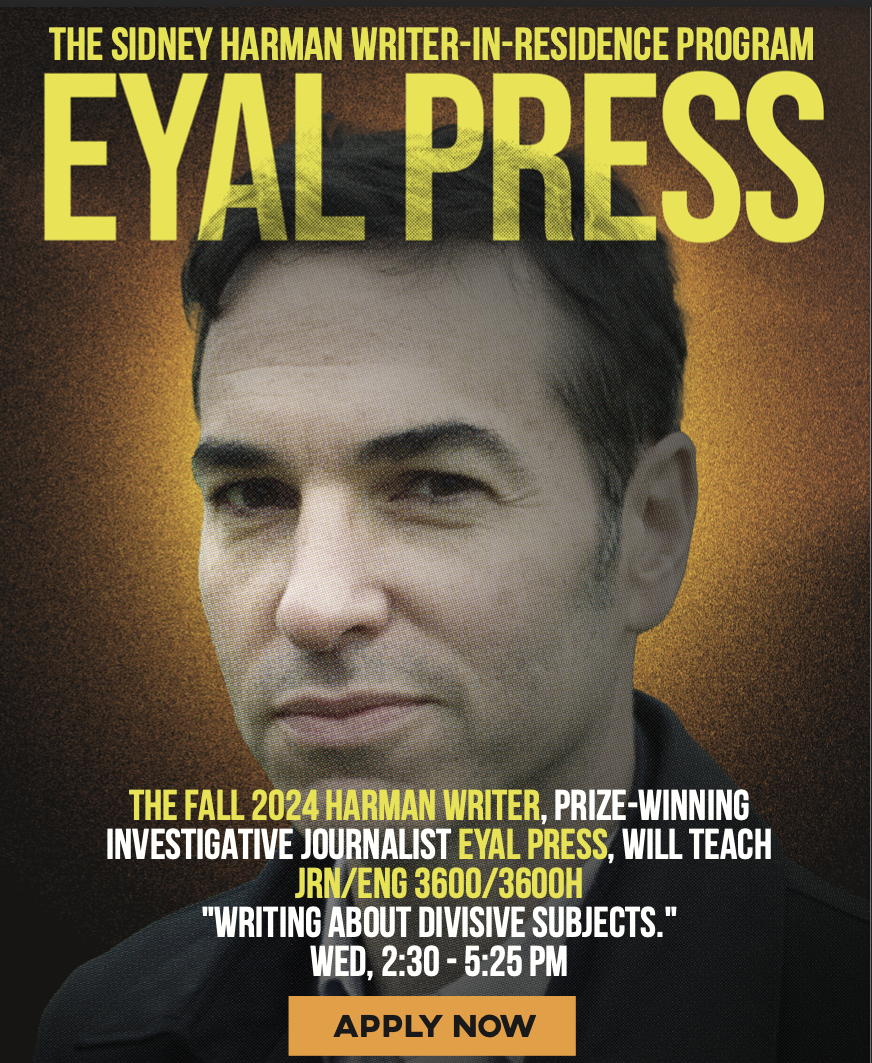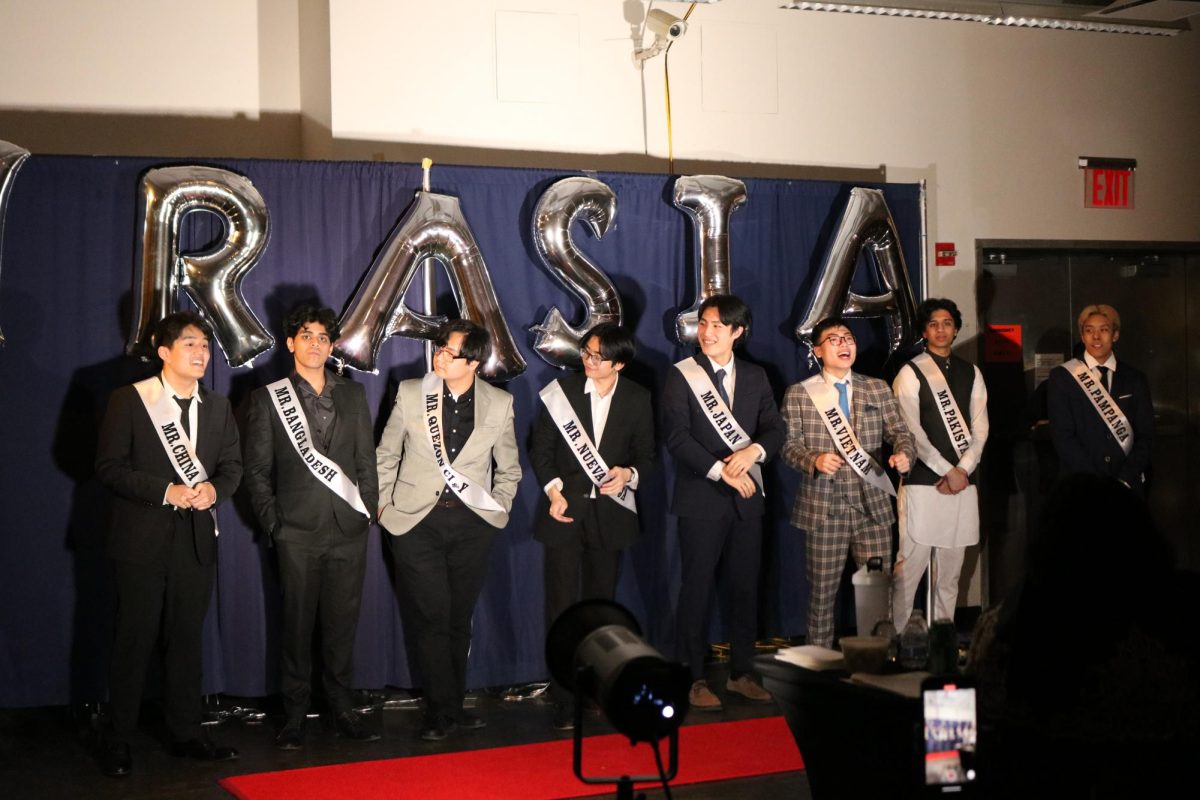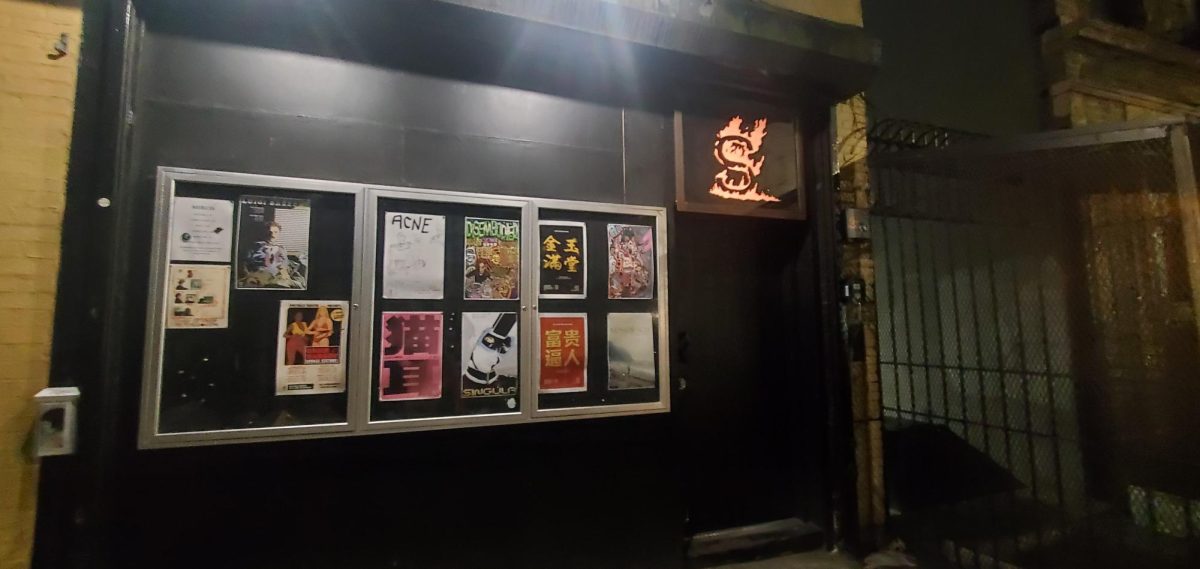German playwright Bertolt Brecht is known for his development of the epic theater form, a didactic type of drama, wherein actors speak out their moral arguments to the audience. The form does not tend to mean theater of a wide narrative and thematic scope, yet Brecht accomplished it anyway with his Shakespearean gangster play, The Resistible Rise of Arturo Ui.
In a faithful, essential revival helmed by John Doyle, the Classic Stage Company’s Lynn F. Angelson Theater becomes a bare-bone Chicago with as little as a wire fence and some very well-placed lights. Brecht is a difficult beast, his work built around the idea that theater should go beyond illusory representation and be direct in its declarations. This can make bad Brecht shows feel like strange lectures in costume, as characters speak their moral debates directly to the crowd.
Doyle, thankfully, has not created a bad Brecht show. Through a razor-sharp, muscular translation from George Tabori, the dialogue still has that feel of a presentation, with an expository prologue from the cast and some downright silly but enjoyable acting styles. In particular, George Abud’s Clark and Mahira Kakkar’s Flake make for one hell of a comic duo in their cauliflower dealings. Doyle clearly goes back to the work’s Shakespearean roots and has no issue presenting the play through such a lens. There are times when Arturo Ui does feel like a stripped-down Shakespeare, if the Bard wrote in the verse of the Chicago slums, but that is as much Brecht’s ability and Tabori’s translation as it is Doyle’s keen eye for movement.
The titular Arturo Ui, a Brooklyn-bred boy with horrifying ambitions, is embodied by Raúl Esparza, who clearly enjoys himself while embodying this role. His evolution from a worrisome, if still fearsome, gangster to an Adolf Hitler-esque leader is palpable and absolutely terrifying. Esparza puts every molecule of power into Arturo, evoking the sense of actual Hitler rallies. It is a strange compliment, but few actors of such ability are capable of making Arturo the Hitler parable he was meant to be.
Jane Cox and Teresa James build a fascinating lighting design scheme, with lightbulbs and industrial fluorescents creating the warehouses and meeting rooms wherein Arturo slowly consolidates power. Ann Hould-Ward’s simple costuming, with hats aplenty, make for smooth character transitions. Matt Stine’s sound design, meanwhile, conjures a terrifying atmosphere of crowds and ruckus, ready to bend to Arturo’s power.
With the toxic atmosphere surrounding the recent national elections still hanging in the air, it is no wonder that Classic Stage chose to program a work like Arturo Ui, a play Brecht wrote specifically with Americans in mind.
The constant fear-mongering and dog-whistling, and a brutal rise to power are all in the framework of the play, almost terrifyingly so. When Brecht fled the Nazis, he clearly saw a disease ready to spread. Perhaps it only took the 2016 presidential election for the disease to be recognizable, late as it may be.












